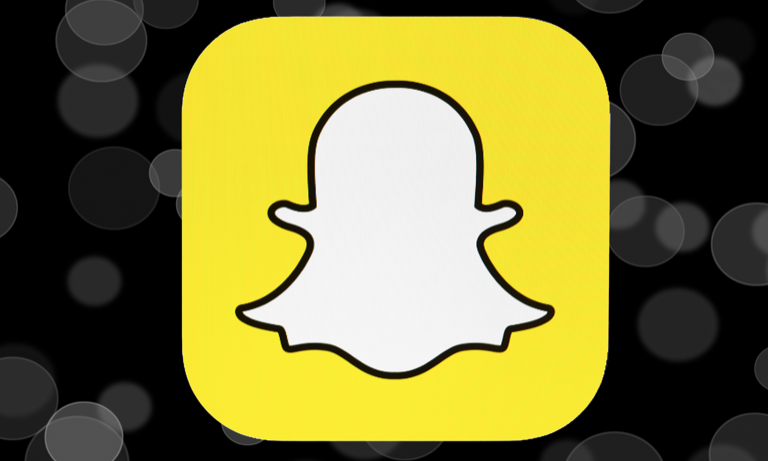 Using a system called SnapLion, employees are accused of collecting users’ private details
Using a system called SnapLion, employees are accused of collecting users’ private detailsSnapchat, the video- and photo-sharing service, has been accused of accessing users’ personal data, according to research on website Motherboard.
Using a system called SnapLion, employees are accused of collecting users’ private details including phone numbers, email addresses, videos and photos saved on the app and location information. A former employee commented that this security breach took place ‘a few’ times, but it is feared to go back years.
Snapchat employees had ready access to SnapLion for internal purposes such as handling abuse and spam on the platform. A former employee claimed that SnapLion’s capabilities offered the ‘keys to the kingdom’, with access to the system handed out to staff without authorisation in some cases.
In response, Snapchat claimed that robust controls are in place to restrict internal access to data. It did not reveal whether access to SnapLion has been limited internally.
Online safety
Abuse of private data is not restricted to Snapchat. Facebook and Uber employees have been censured over using personal details, with a Facebook employee being fired for accessing personal details.
WhatsApp, Twitter, Instagram, Facebook, LinkedIn and Viber could all, in theory, be spying on you. When you grant an app access to your microphone and camera, it may potentially:
- access the front and back camera
- record you whenever the app takes the foreground
- take videos and pictures without telling you, and upload them
- run face recognition to detect facial features and recognise you on the Internet
- live-stream your camera on to the Web
- detect if you are alone, or with someone else
- upload random video frames to your web service.
In 2016, Anthony van der Meer, a documentary maker, installed Find my Phone on a mobile and allowed someone to steal it. He then spied on all aspects of the thief’s life via the camera and microphone. This is a perfect demonstration of the power of apps with access to the minutiae of your life.
Government security agencies and hackers can also obtain access to your apps, listening to your calls, capturing pictures of you and reading your emails. It’s important to cultivate digital mindfulness, the art of staying safe online and taking precautions to prevent yourself from being hacked.
First, ask yourself whether apps really need camera and microphone access. Before downloading an app, read the reviews and keep an eye out for any negative information.
When they are not in use, use tape to cover your webcam and plug out microphones. It’s better to be safe than sorry.
Recruiters love this COMPLETE set of Accredited Recruitment & HR Training – View Training Brochure








